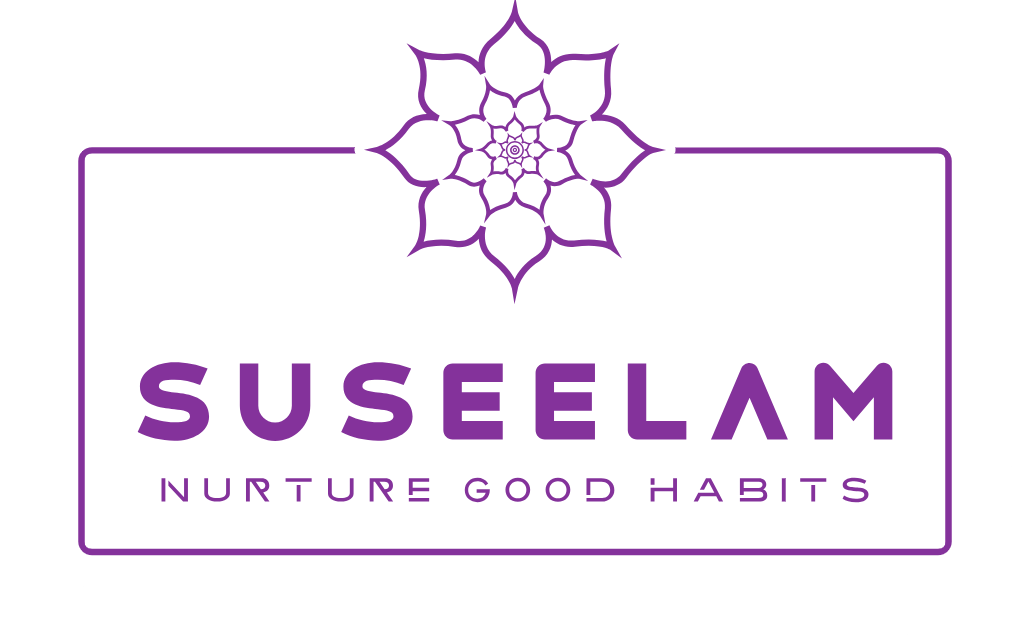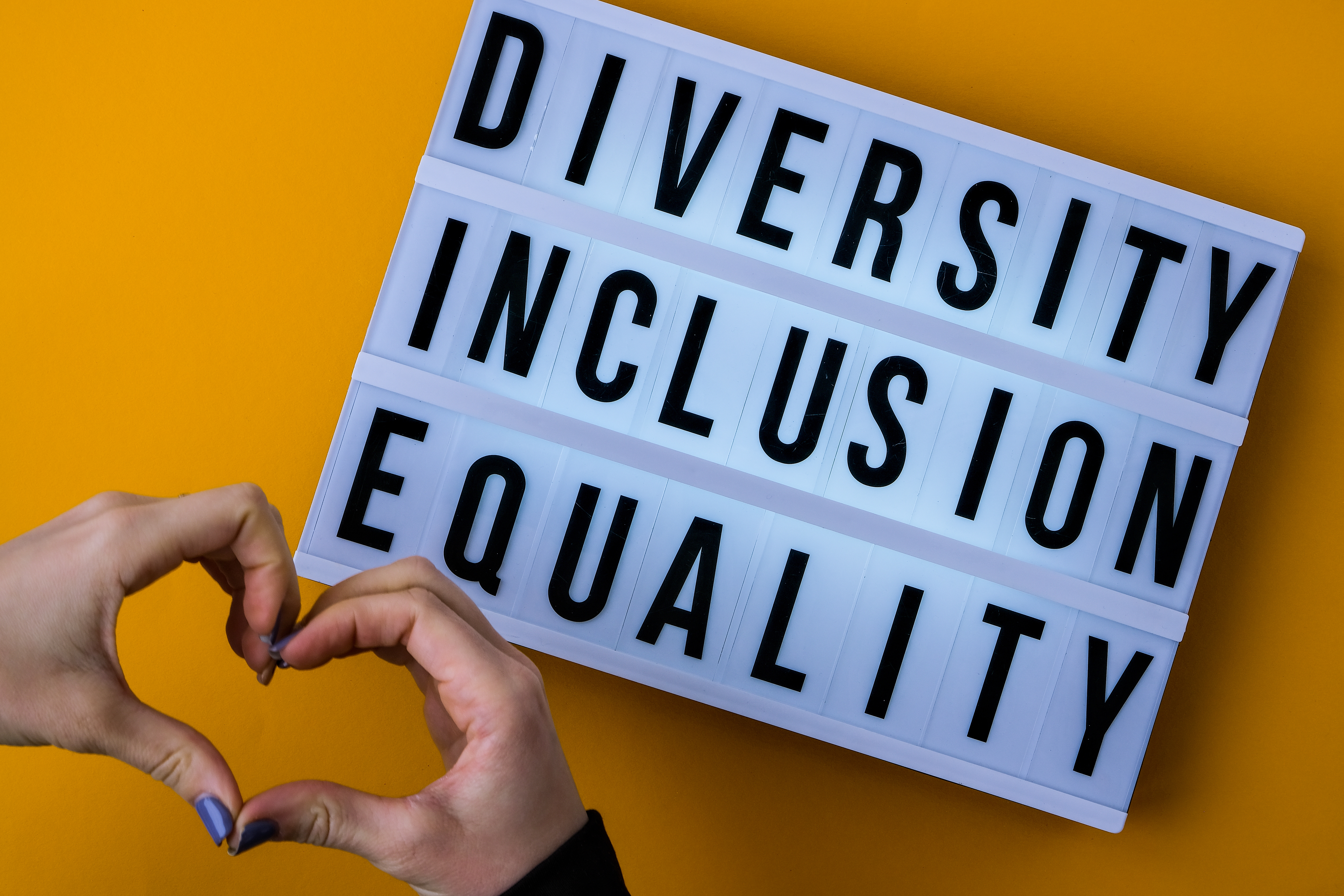Gen Z and Millennials : How to overcome Mental Health Challenges

Introduction
In recent years, mental health has become a prominent topic of conversation, especially among Gen Z and Millennials. As these two generations navigate a fast-changing world influenced by technology, social media, economic pressures, and evolving workplace dynamics, their mental well-being has become a critical concern. They face unique challenges but are also pioneering new approaches to mental health awareness and care.
Table of Contents

The Mental Health Landscape
Both Gen Z and Millennials report experiencing higher levels of stress and anxiety compared to previous generations. The fast pace of technological change, economic uncertainty, and the ever-present pressure of social media contribute significantly to their mental health struggles. According to a research conducted by American Psychological Association (APA) in 2018 (Stress in America survey, Generation Z (ages 15-21 at the time)), about 45% of Gen Zers and 44% of Millennials feel burned out due to the intensity of their workload, with a significant portion leaving jobs because their employers failed to address burnout effectively.
The COVID-19 pandemic exacerbated these challenges. For many, the shift to remote work offered flexibility, but it also created new stressors, such as difficulty connecting with colleagues and a lack of mentorship opportunities. Interestingly, both generations expressed a preference for hybrid or fully remote work, but only a fraction were granted that flexibility. This disconnect between expectations and reality can add to feelings of frustration and stress.
The Impact of Social Media and Technology
For Gen Z especially, growing up in the age of social media has presented new mental health challenges. Constant exposure to curated versions of other people’s lives often leads to unhealthy comparisons, contributing to feelings of inadequacy and anxiety. Studies show that heavy use of social media platforms can negatively affect self-esteem and emotional well-being. The pressure to maintain a polished online persona, while keeping up with the latest trends, can become mentally exhausting.
Millennials, while less immersed in social media during their formative years, also struggle with balancing their online and offline lives. As digital natives, both generations find it challenging to disconnect, leading to a state of constant information overload.
Workplace Mental Health
Workplace culture plays a crucial role in mental well-being, yet both generations feel that their employers are not doing enough to address mental health issues. A 2022 survey found that nearly half of Gen Z and Millennial workers do not believe their employers take burnout seriously, despite increased conversations about mental health in the workplace since the pandemic.
Additionally, 33% of Gen Z workers and 35% of Millennials feel uncomfortable discussing mental health challenges with their managers. Many continue to avoid addressing their mental health issues at work, often giving other reasons for taking time off. This reluctance points to a lingering stigma surrounding mental health in professional environments, despite ongoing efforts to promote open dialogue.
Gen Z and Millennials, as digital natives, struggle with constant information overload due to their difficulty disconnecting from technology. In terms of workplace culture, both generations feel that their employers are not adequately addressing mental health issues. A recent survey found that nearly half of Gen Z and Millennial workers believe their employers do not take burnout seriously, despite the increased focus on mental health in the workplace since the pandemic.
Moreover, a significant percentage of both generations (33% of Gen Z and 35% of Millennials) feel uncomfortable discussing their mental health challenges with their managers. This discomfort leads many of them to avoid addressing their mental health issues at work, often using other excuses for taking time off. Unfortunately, this reluctance highlights the persistence of the stigma surrounding mental health in professional settings, even though there have been ongoing efforts to encourage open dialogue.

Family Relationships and Depression
In terms of family relationships and depression, both Gen Z and Millennials face unique challenges. Research shows that the prevalence of depression is higher among these two generations compared to previous ones. This can be attributed to various factors, including increased academic pressure, financial instability, and a constant presence of social media, which can contribute to feelings of inadequacy and comparison.This highlights the need for open communication and support within families to address mental health issues effectively. The impact of family relationships on mental health cannot be overlooked, and it is crucial for society to provide resources and education to help these generations triumph over their mental health challenges.

Triumphs and Progress
Despite the challenges, Gen Z and Millennials are actively reshaping how mental health is perceived and addressed. They are more likely to prioritize self-care, seek therapy, and advocate for mental health resources in both personal and professional spheres. The pandemic prompted many employers to introduce mental health support systems, even if those efforts have not fully met expectations.
Moreover, these generations are leading the conversation about mental health, making it less taboo and encouraging others to speak openly about their struggles. Many influencers and public figures are using their platforms to raise awareness, creating a ripple effect that is slowly breaking down the stigma.
Influencers and public figures use their platforms to raise awareness, breaking down stigma gradually. Furthermore, these generations are driving the transformation of the mental health landscape. They prioritize self-care, actively seek therapy, and advocate for accessible mental health resources.
The COVID-19 pandemic has compelled employers to implement mental health support systems, although there is still room for improvement. Gen Z and Millennials continue to spearhead discussions around mental health, fostering an environment that promotes open dialogue and diminishes the associated stigma. By leveraging their influence as influencers and public figures, they are effectively dismantling barriers and promoting greater awareness.
Providing mental health support
Gen Z and Millennials are facing unprecedented mental health challenges. However, they are also leading the charge in prioritizing well-being, normalizing therapy, and demanding meaningful mental health support. This movement has gained momentum, thanks to influencers and public figures who are using their platforms to raise awareness and break down the stigma surrounding mental health. Despite these positive strides, more action is needed, especially in the workplace, to ensure that mental health is not just a talking point but a true priority.
By embracing flexibility, seeking professional help, and fostering open conversations, these generations are effectively turning their struggles into triumphs, laying the foundation for a healthier future. However, it is crucial to continue pushing for progress in mental health, particularly in the context of the workplace.
Gen Z and Millennials are facing unique and significant mental health challenges. Nevertheless, these generations are leading the way in prioritizing well-being, de-stigmatizing therapy, and demanding comprehensive mental health support. Influencers and public figures have played a key role in amplifying this movement and promoting awareness.
Despite these positive developments, it is imperative to take concrete actions, especially in work environments, to ensure that mental health is more than just a buzzword and is genuinely prioritized. By embracing flexibility, seeking professional assistance, and fostering open dialogues, younger generations are effectively transforming their struggles into triumphs, setting the stage for a healthier future.

Conclusion
While Gen Z and Millennials face unprecedented mental health challenges, they are also at the forefront of a movement to prioritize well-being, normalize therapy, and demand meaningful mental health support. Their ability to recognize and address these issues, both personally and collectively, signals a shift toward a more supportive and open culture. However, more needs to be done, particularly in workplace settings, to ensure that mental health becomes a priority, not just a talking point.
#MentalHealthAwareness
#GenZMentalHealth
#MillennialWellbeing
#MentalHealthMatters
#AnxietyAndDepression
#MentalWellness
#BreakTheStigma
#YouthMentalHealth
#MentalHealthSupport
#MentalHealthChallenges
#SelfCareForGenZ
#MentalHealthAdvocacy
#MillennialMindset
#GenZWellbeing
#MentalHealthEducation






2 thoughts on “Gen Z and Millennials : How to overcome Mental Health Challenges”
Comments are closed.